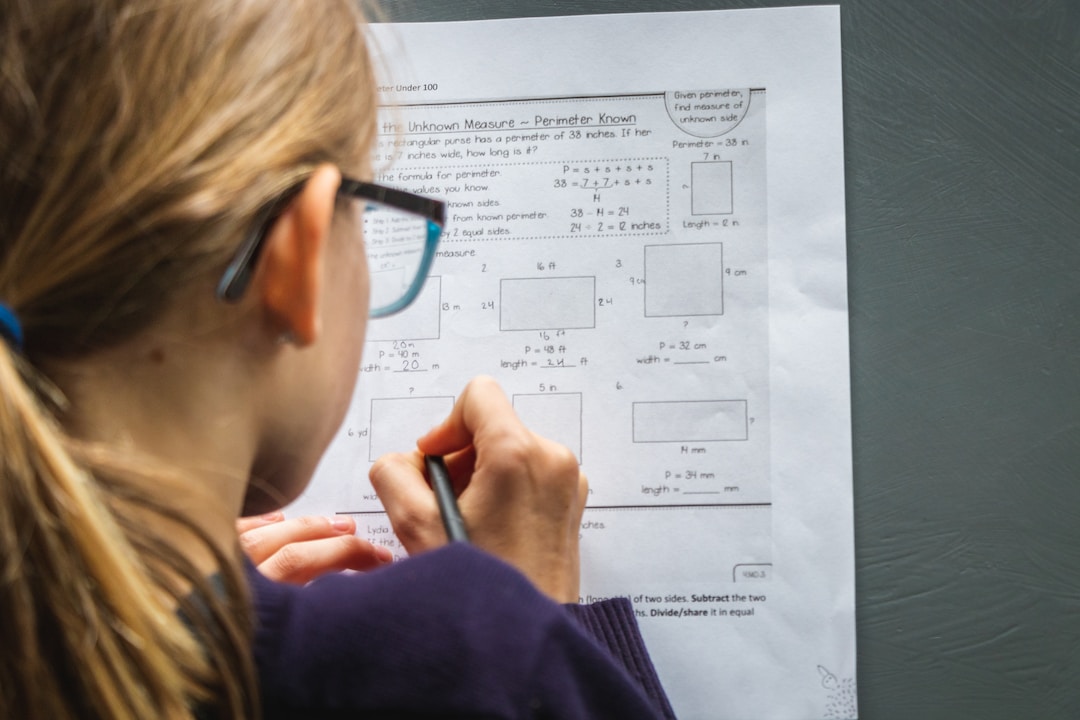
Anyone who loves to read can tell you that reading a great novel immerses you in vivid images and emotions and can even stir your feelings. This sounds romantic and sentimental, but there is undeniable evidence that your brain supports these things when you study! When reading, the structure of our brain changes, and we can empathize more with the characters in the book or even trick our brains into thinking that we have experienced the events of that novel.
We tell you what other incredible changes happen to our brains when we study.
Your mind subconsciously visualizes.
Reading pictures and books is fun and allows us to create new worlds in our minds. Do you think this is done on purpose? Researchers have found that all these events happen automatically and without your will. Read a text with no pictures and only describing objects. Your mind will subconsciously start creating different images to make the described space into a picture.
Speech activates your brain.
Critics of audiobooks do not recognize listening to them as reading and reject it. But research has shown that listening to a story can activate your brain. When we are told a story, not only the linguistic processing parts of our brain are activated, but also the experiential parts.
It must have happened that you hear a story about food and immediately imagine it, or even feel hungry after hearing the description of the food; In this case, the sensory cortex in your brain is turned on and begins to imagine the taste, color, and appearance of food. This is not limited to listening to audiobooks. Our mind constantly listens to different narratives throughout the day, which happens repeatedly in the brain.
In an article, Jeremy Hsu (researcher) stated, “Personal stories and gossip make up 65% of our daily conversations.” So this time, when your colleague is telling a long story about the events of the past vacation, sit at his side, listen to the radio, or during the day, be sure to dedicate some time to listening to an audiobook. This is an excellent exercise for your brain.
By reading, you will have almost life-like experiences.
Have you ever felt deeply connected to a story, as if you were experiencing it yourself? There’s a solid reason for this: your brain thinks you’ve experienced it! When we read a text, the brain cannot tell the difference between the story and the actual events, so it recognizes that this event happened to you and that you are experiencing it.
The exciting thing is that when reading a story, precisely the same neural regions in the brain are stimulated by the experience of events! So you see that novels can enter our thoughts and feelings. Just as you can spend hours playing a virtual reality (VR) game, reading a story seems like virtual reality for your brain.
Different study styles create different patterns in the brain.
Reading generally stimulates your brain, but different types create different mental experiences. Stanford University researchers have found that reading literary texts makes and trains several complex functions in your brain. While reading light and simple texts increases its flow in different brain parts. They concluded that reading and thinking about a novel is an effective brain exercise and creates more pleasure than reading simple texts.

New languages make your brain grow.
If you want to exercise your brain, choose a novel in a foreign language. Researchers at Lund University tested students from the Armed Forces Interpreter Academy in Sweden and medical and cognitive science students at Umea University. Once before the start of the experiment and once after three months of intensive study, they scanned their brains and reached a surprising result. The brains of the language students had grown in both the hippocampus and the cerebral cortex, and this growth was different according to the amount of effort each student put into learning.
Your brain adapts to e-books in 7 days.
You may feel uncomfortable if you are used to reading paper books and have to use an e-reader. But experts say your brain can quickly adapt to new technologies, regardless of age or how long you’ve read a paper book. The human brain can adapt to new technologies, including electronic book readers, in seven days.
The brain does not make a 3D image from an electronic book.
During human evolution, our brain has been programmed to feel and imagine the physical situation by paying attention and relying on the signals it receives. When you read a paper book, seeing the remaining pages can create a sense of the current situation and the desire to continue reading. E-books cannot induce this feeling in the brain and cause a little feeling of getting lost.
Some books use different locators and indicate the number of pages remaining, which effectively creates a sense of place but never gives the same feeling as when reading a paper book.
The story’s structure prompts our brains to follow it and expands our attention span.
Stories have a beginning, middle, and end, and that’s a good tip for your brain. With this structure, the brain is encouraged to think in a specific order and sequence and make cause-and-effect relationships. The more you read, the more your brain adapts to this way of thinking. In this case, your brain becomes more flexible, expanding its attention span. Neuroscientists advise parents to encourage their children to study as much as possible to develop this ability.
Studying changes the structure of your brain in the best way.
Not all people are good at studying. Beginners will never understand the joy of literature, but they can be taught to become better readers. In this training, the structure of their brain changes.
Carnegie Mellon University scientists discovered in a six-month daily study program that the volume of white matter in the language area of the brain grows. In addition, they found that training can improve the brain’s structure, making people more interested in reading.
Deep reading increases empathy.
The feeling of being immersed in a book is great, and doing so can also structurally change your brain. We can enjoy deep reading by avoiding mental and emotional conversations in the real world. This type of study allows us to communicate with the character’s feelings in the story, which in turn makes us feel more empathetic towards people in real life, communicate with them, and be aware of the lives of others. Let’s be more alert.
What happens to our brain when we read a novel?
When we read a novel, the structure of our brain changes. We can empathize more with the characters in the book and our brain can even trick itself into thinking that we have experienced the events of the novel.
How does our mind react when we read a text with no pictures?
When we read a text with no pictures and only descriptions of objects, our mind subconsciously starts creating different images to make the described space into a picture.
What is the effect of listening to a story on our brain?
Listening to a story can activate our brain. Not only the linguistic processing parts of our brain are activated, but also the experiential parts. For example, if we hear a story about food, the sensory cortex in our brain is turned on and begins to imagine the taste, color, and appearance of food.
How does our brain react when we read a story?
When we read a story, our brain cannot tell the difference between the story and actual events, so it recognizes that this event happened to us and that we are experiencing it. The same neural regions in the brain are stimulated by the experience of events when reading a story.
What is the effect of reading different types of texts on our brain?
Reading different types of texts creates different mental experiences. Reading literary texts makes and trains several complex functions in our brain, while reading light and simple texts increases its flow in different brain parts.
How does learning a new language affect our brain?
Learning a new language can make our brain grow. The brains of language students have been found to grow in both the hippocampus and the cerebral cortex, and this growth is different according to the amount of effort each student puts into learning.
How quickly can our brain adapt to e-books?
Our brain can adapt to new technologies, including electronic book readers, in seven days.
What is the difference between reading a paper book and an electronic book in terms of brain activity?
When we read a paper book, seeing the remaining pages can create a sense of the current situation and the desire to continue reading. E-books cannot induce this feeling in the brain and cause a little feeling of getting lost.
How does the structure of a story affect our brain?
The structure of a story prompts our brains to follow it and expands our attention span. The more we read, the more our brain adapts to this way of thinking, making our brain more flexible.
How does studying affect the structure of our brain?
Studying changes the structure of our brain in the best way. A daily study program can cause the volume of white matter in the language area of the brain to grow. Training can improve the brain’s structure, making people more interested in reading.
What is the effect of deep reading on our brain?
Deep reading increases empathy. It allows us to communicate with the character’s feelings in the story, which in turn makes us feel more empathetic towards people in real life, communicate with them, and be more aware of the lives of others.







